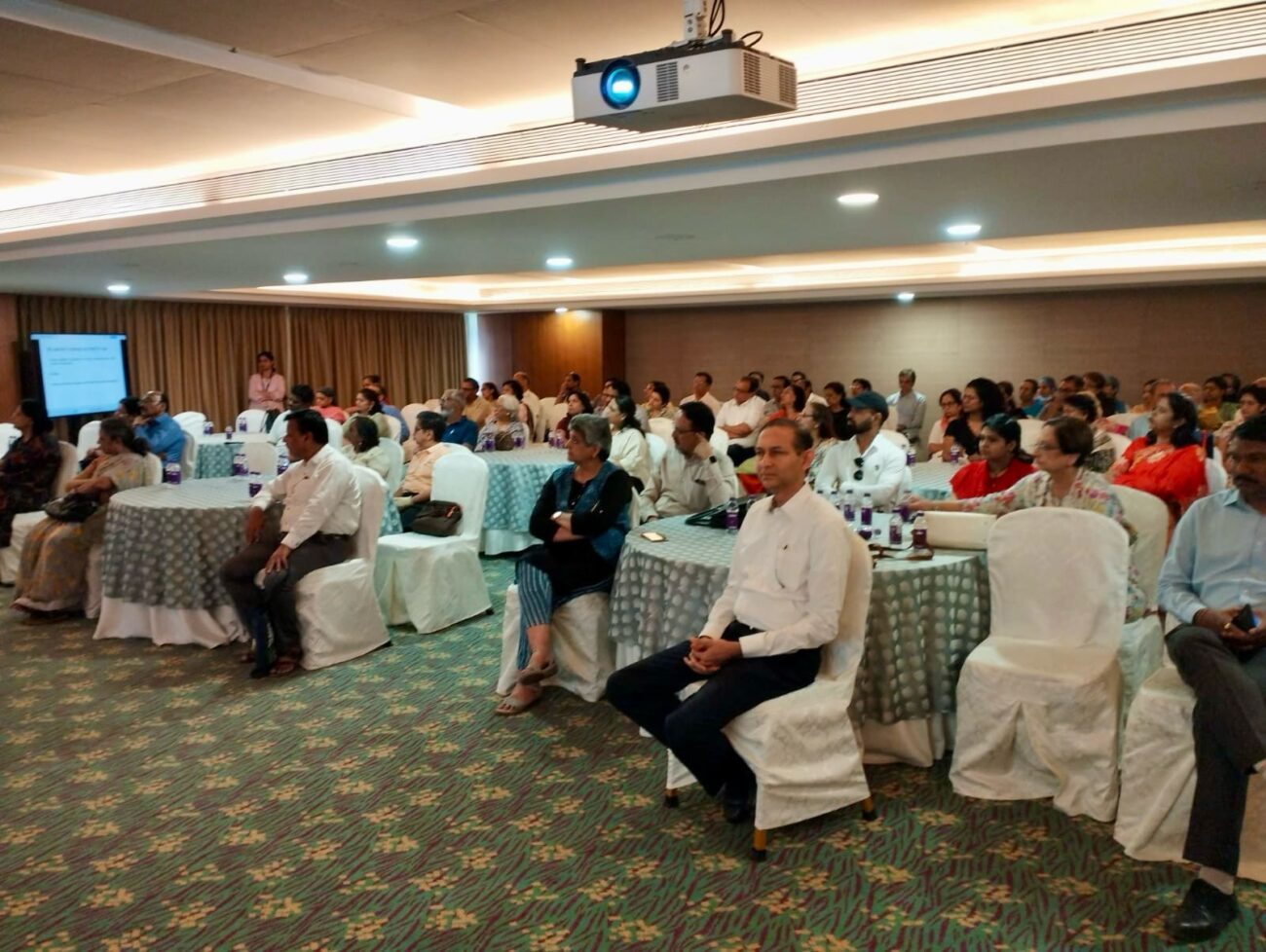Are Delhiites getting less compassionate?
Participation of celebrities & leaders vital in creating awareness on Organ Donation A curriculum on Organ Donation in schools can help break the socio-cultural barrier from young age Delhi saw a drop of more than 50% in organ
- Participation of celebrities & leaders vital in creating awareness on Organ Donation
- A curriculum on Organ Donation in schools can help break the socio-cultural barrier from young age
Delhi saw a drop of more than 50% in organ donations from brain-dead patients in 2018. Leave alone Maharashtra (132), Tamil Nadu (137), Telangana (167), and Andhra Pradesh (45), the national capital lags far behind even the neighbouring Union Territory of Chandigarh (35).
The ever increasing number of brain dead in the capital in road accidents is also on the rise. Delhi reports around 1562 road accident deaths each year, and a significant number of the victims have extensive head injuries leading to clinical brain death. It is accepted worldwide that these unfortunate individuals are potential organ donors. India has one of the lowest organ donation rates in the world at 0.5 donors per million population and every bit to spread awareness be it among schoolchildren, corporate or celebrities- helps.
Despite major advances in healthcare and medical facilities in India, more than 5 lakh people die every year due to unavailability of organs. For patients whose last chance of survival is a transplant, the acute shortage of donors in the country is proving to be a painful reality. The Heart and Lung Transplant Team of Gleneagles Global Hospitals, led by Dr Sandeep Attawar, Director and Chair of the Heart and Lung Program, are credited with 169 transplants in the past 25 months , the strength of this program and what makes it unique is the fact, It is the country’s only comprehensive solid thoracic organ program where the expertise and efficiencies have allowed equally successful heart & lung transplants to be performed in large number with internationally benchmarked outcomes in success and one year survivals, post transplant.

Director & Chairperson of the Heart & Lung program, Gleneagles Global Hospital
Gleneagles Global Hospitals’ national flagship program has performed 78 Heart, 75 Lung and 16 combined heart and lung transplants, which is by far the highest in the country in the past two and half years. The focus of the program is to stabilize patients as they await transplantation and provide medically the most suitable options for those who are not transplant candidates. Dr Sandeep Attawar said, “The 85% success rate of the program has been published in ISHLT (The International Society for Heart and Lung Transplantation), bringing our Heart and Lung transplant program on par with some of the best centers in the western world.”

Sr. Transplant Pulmonologist,
Gleneagles Global Hospital
“In addition to considerable deterioration of health indicators in India due to numerous factors, the incidence of Heart & Lung Failures can be attributed to genetic abnormalities, ischemic heart disease, diabetes (and India is considered as a diabetes capital), smoking habits, pollution, stress, unhealthy eating habits, rise in obesity levels & other lifestyle issues. As a result, there are a large number of patients with end stage medically advanced disease for whom transplant is the only life saving solution. Though 74% Indians agreed in a 2018 Ipsos survey that they would allow their organs to be removed in order to help others in need, the deceased donor donation rate in India is only around 0.34 per million, which is abysmally low compared to other developed countries like Spain (36), Croatia (35), USA (27.02). With more than 50,000 people waiting for a heart transplant every year, and more than 20,000 annually for a lung transplant, there is a wide gap between the number of transplants awaited and the organs available,” says Dr Attawar, who has managed to assimilate. one of the finest teams in South Asia spearheading the Heart & Lung Transplant Program at Gleneagles Global Hospitals across 4 cities.

Sr. Transplant Cardiologist,
Gleneagles Global Hospital
Various socio-cultural factors such as lack of awareness, lack of faith in the healthcare system, religious beliefs and superstitions among others are the biggest factors why families refuse to give consent for organ donation in India. Which is why under such a situation, Dr Sandeep urges the importance and positive impact of being registered on the National Registry for Organ Donor. There is a need for the Government to conduct a wide reaching public information campaign to focus on the vital need for more organs, the need to discuss organ donation with family members, dispel pre-existing misconceptions about organ donation process, bring about an attitude change in the approach towards deceased organ donations, and also address the infrastructural bottlenecks.
Dr Attawar adds with a selfless optimism that, “Celebrities, leaders & all of us need to step up for spreading awareness as agents of change. Mere advocacy would not suffice; we need to lead by example by pledging organs ourselves. Consider heads of state, prominent political leaders and celebrities calling out to people that they have pledged their organs, and exhorting others to do the same; it would be total game changer leading to saving thousands of lives. The awareness levels we have noticed in southern & western parts of India is tremendous, which we need to spread to the north Indian states as well.”
With rapid advances in technology, timely intervention precise medications and surgical procedures, increasing number of Heart and Lung transplant recipients are living longer than ever before. With better and immunosuppressive drugs, more than 80% of heart recipients survive more than 3 years after the operation. Lung transplantation is a relatively new procedure in our country that continues to see greater acceptance. Currently, more than 65% of lung recipients survive at least 5 years after a transplant.





